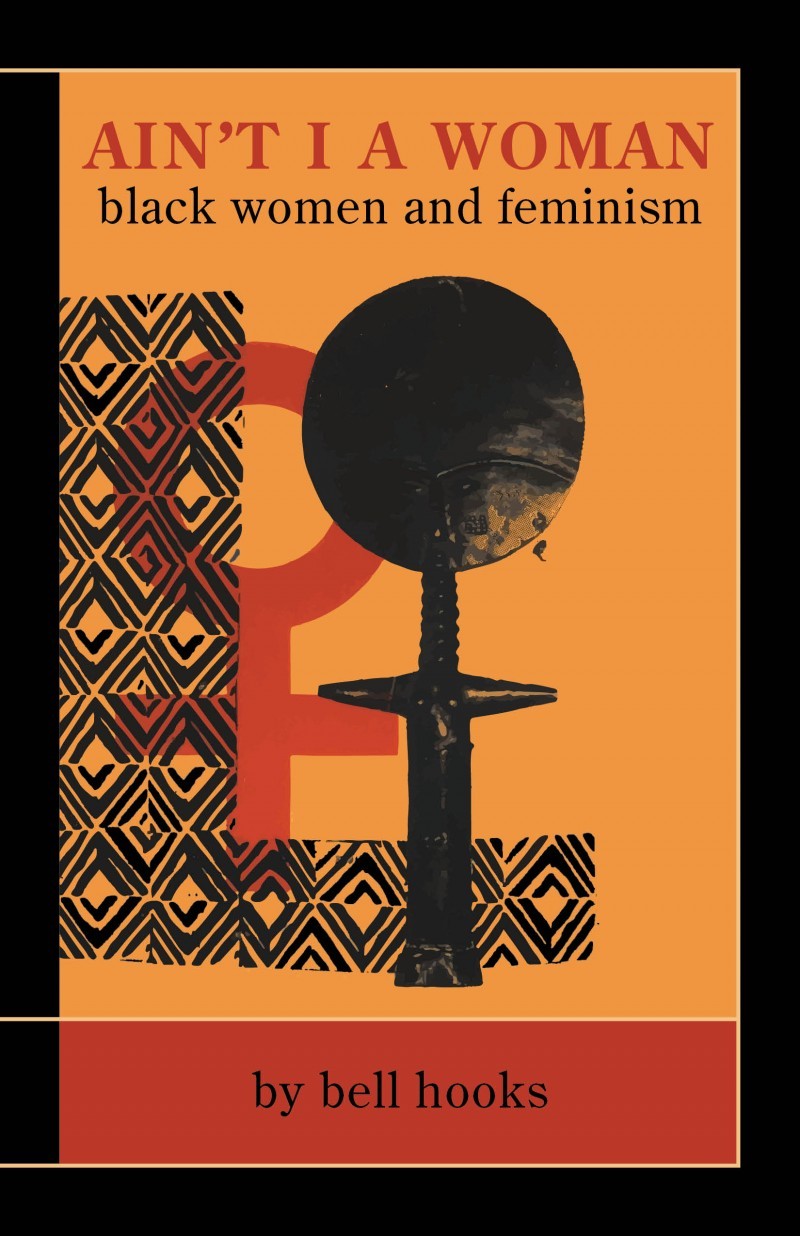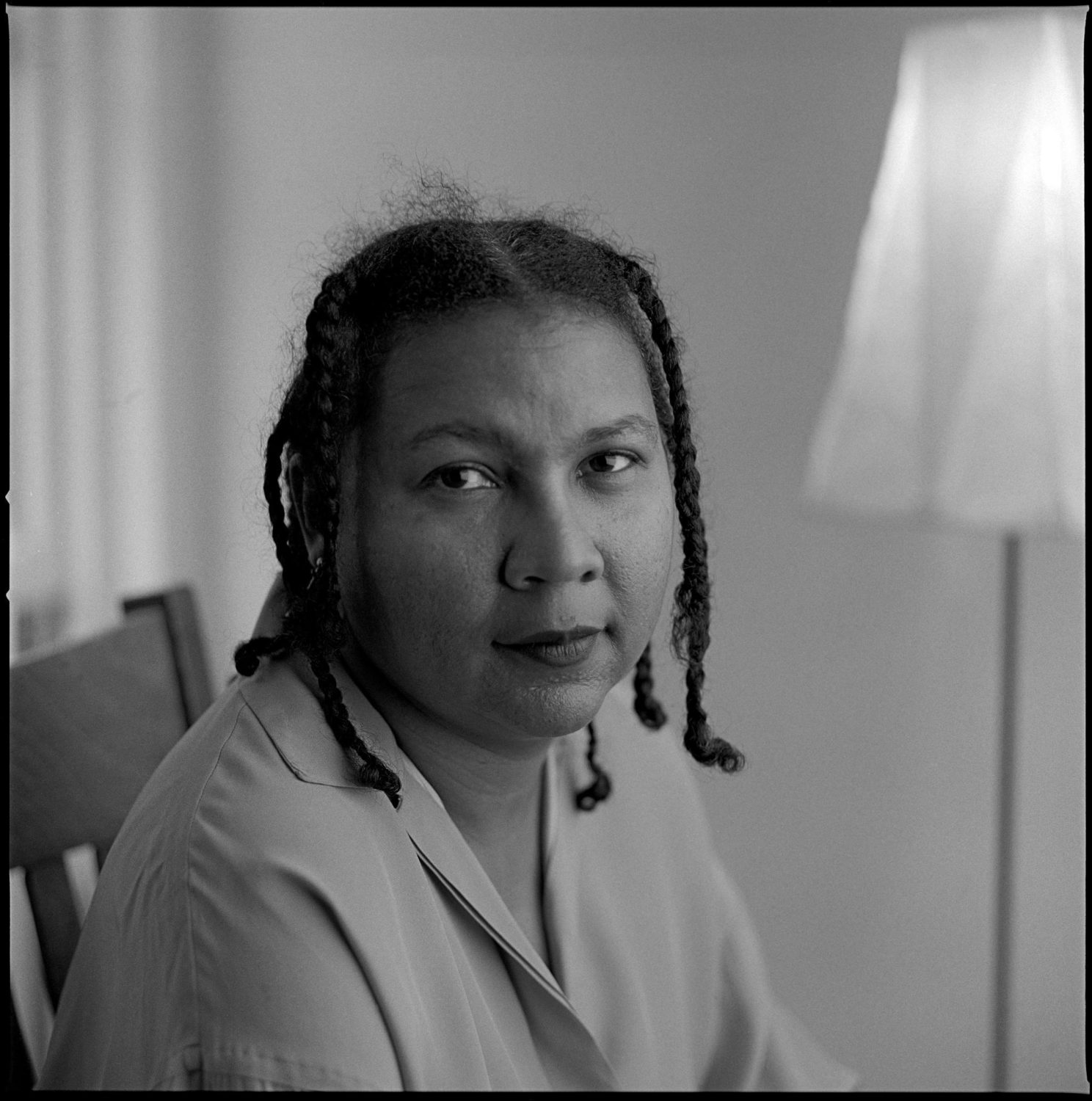Remembering bell hooks (1952–2021)
By Something CuratedAfrican American scholar and activist, bell hooks’ wide-ranging works examine the connections between race, gender, and class. One of the most impactful crossover academics of the late twentieth century, hooks published more than 30 books and numerous scholarly articles, appeared in documentary films, and participated in public lectures. The ground-breaking thinker passed away last week, 15 December 2021, aged 69. Born Gloria Jean Watkins on 25 September 1952, hooks was raised in Hopkinsville, Kentucky, a small, segregated rural town. She recalled her neighbourhood as, a “World where folks were content to get by on a little, where Baba, mama’s mother, made soap, dug fishing worms, set traps for rabbits, made butter and wine, sewed quilts, and wrung the necks of chickens.”
hooks talked of how this resilient community inventively turned the adversities imposed by racism into a source of strength. Her upbringing also provided her with the germinal experiences that would shape her thinking around feminism. One of six siblings, her father worked as a janitor, and her mother, Rosa Bell Oldham Watkins, worked as a maid in the homes of White families. A fervent reader, with poets William Wordsworth, Langston Hughes, Elizabeth Barrett Browning and Gwendolyn Brooks among her favourites, Watkins was educated in racially segregated public schools, later moving to an integrated school in the late 1960s. By the time she was ten, hooks had begun writing her own poetry and soon developed a reputation for her ability to recite her written works.
At age 19 she began writing what would become her first full-length book, Ain’t I a Woman: Black Women and Feminism, which was published in 1981. hooks explains she took her maternal great-grandmother’s name as her pseudonym because, as she put it, her great-grandmother “Was known for her snappy and bold tongue, which I greatly admired.” Expanding on the irregular lowercasing of her pen name, hooks added that, “When the feminist movement was at its zenith in the late ‘60s and early ’70s, there was a lot of moving away from the idea of the person. It was: Let’s talk about the ideas behind the work, and the people matter less… It was kind of a gimmicky thing, but lots of feminist women were doing it.”

hooks studied English literature at Stanford University, and the University of Wisconsin, going onto earn her PHD from the University of California, Santa Cruz. In her role as an academic, she taught at institutions including Stanford University, Yale University, and The City College of New York, before in 2004 joining Berea College in Berea, Kentucky, where a decade later she founded the bell hooks Institute. hooks established herself as a significant postmodern political thinker and cultural critic. Her writings range in topics from Black men, patriarchy, and masculinity to self-help; engaged pedagogy to personal memoirs; and sexuality in regards to feminism and politics of aesthetics and visual culture.

In the 1980s hooks established a support group for Black women called the Sisters of the Yam, which she later used as the title of a book, published in 1993, celebrating Black sisterhood. Contemporary feminism frequently refers to and quotes hooks works. Among her most seminal critiques is that of White feminist racism in second-wave feminism, which she argued undermined the possibility of feminist solidarity across racial lines. hooks extensive writing on gender and race was critical in pushing feminism beyond its White, middle-class worldview to include the voices of Black and working-class women. According to the pioneering thinker, “Feminism is a movement to end sexism, sexist exploitation and oppression.”
hooks’ influential writings include Feminist Theory from Margin to Center (1984), Talking Back: Thinking Feminist, Thinking Black (1989), Black Looks: Race and Representation (1992), Killing Rage: Ending Racism (1995), Reel to Real: Race, Sex, and Class at the Movies (1996), Remembered Rapture: The Writer at Work (1999), Where We Stand: Class Matters (2000), Communion: The Female Search for Love (2002), and the companion books We Real Cool: Black Men and Masculinity (2003) and The Will to Change: Men, Masculinity, and Love (2004). Writing Beyond Race: Living Theory and Practice was published in 2012. She also wrote a number of autobiographical works, such as Bone Black: Memories of Girlhood (1996) and Wounds of Passion: A Writing Life (1997).
Feature image: A young bell hooks. Photo: The bell hooks Institute